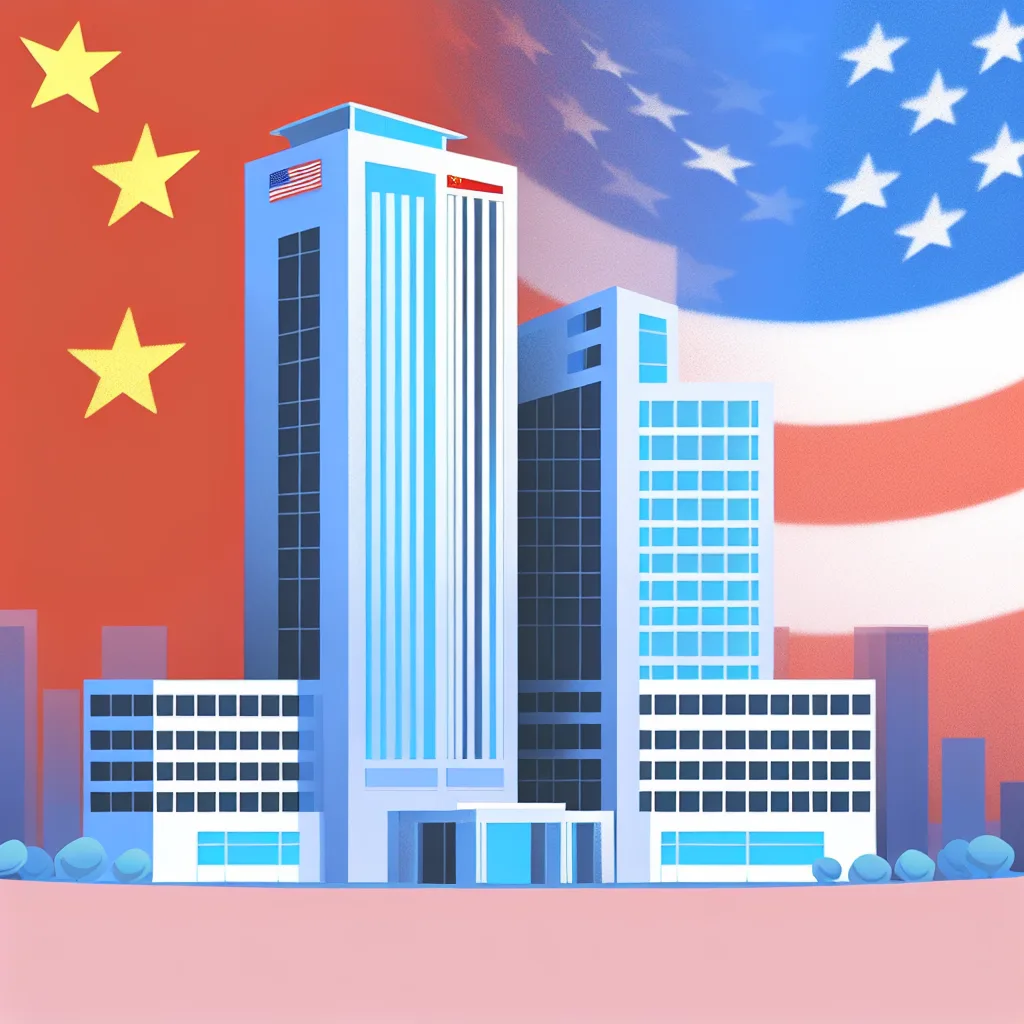Exploring how the ‘we need to beat China’ talk serves the interests of Big Tech and government contractors in AI.
We often hear the phrase “we need to beat China” thrown around, especially when it comes to technology and national security. But have you ever wondered why this narrative is so persistent and who actually benefits from it? This idea—the “beat China narrative”—has become a sort of rallying cry, especially for big AI companies looking to secure government funding and avoid democratic checks along the way.
This story isn’t exactly new. Back during the Cold War, the military-industrial complex in the U.S. spent loads of money convincing everyone the Soviet military was way ahead of us. Why? So they could keep getting big contracts from Congress. They stretched the truth—or sometimes outright lied—to keep the money flowing. It was a strategic move that worked well for some companies and politicians who wanted that defense spending.
Fast forward to today, and the players have changed but the playbook hasn’t. Big Tech, particularly in the AI sector, is stoking fears about China to persuade lawmakers to hand over huge sums of money. The message? If we don’t crank up funding and let these companies work without much oversight, China will outpace us on AI. It’s a powerful story that taps into real concerns about global competition, but it can also be used to push agendas that benefit corporations more than the public.
The Role of the Beat China Narrative in Government Contracts
AI companies are announcing massive contracts with the Department of Defense left and right. On the surface, it sounds like a smart investment in national security. But if we dig a little deeper, it’s clear that these deals often come with zero democratic accountability and very little transparency about what the money’s really for.
A big part of this is almost a replay of history: create a sense of urgency and threat, then offer the solution—in this case, lots of government contracts—to keep the money flowing. The “beat China narrative” fuels that urgency.
Why This Matters Beyond the Boardroom
Sure, competition with China is real. It’s no secret the U.S. wants to maintain its technological edge. But when fear becomes the main driver for decisions about public money and national priorities, it can cloud judgment. Oversight and public discussion can easily get sidelined, even though they’re crucial for democracy.
It’s worth thinking about the balance here. How do we support innovation and maintain security without blindly funneling billions to companies that may be more interested in profits and influence than real progress?
What Can We Do?
The first step is to stay curious and critical about the stories being told. When you hear about the need to “beat China” as a reason to blow up government spending on AI, ask yourself: who benefits most from this argument? Is it genuinely about national security, or is it about lining pockets?
You can also look into reliable sources to get a fuller picture. For example, Brookings Institution, offers in-depth reports on the tech race and policy implications. And sites like MIT Technology Review provide good coverage on how AI development is shaping up globally.
In the end, we all have a role in demanding transparency and accountability. The “beat China narrative” might be catchy and convincing, but we should always dig beneath the surface to understand the real motivations and consequences.
For anyone interested in the dynamics behind tech funding and government contracts, considering the history helps. It’s not just about a competition between countries; it’s often about how narratives can shape policies in ways that serve specific interests.
If you want to dive deeper into how political narratives influence the tech industry and more, keep an eye on credible research and stay engaged in conversations that cut past the noise.
Further reading:
– How the Military-Industrial Complex Influences Policy
– The Role of Big Tech in National Security
Engaging with these topics critically is one way we can make sure innovation serves everyone and not just the highest bidders.
